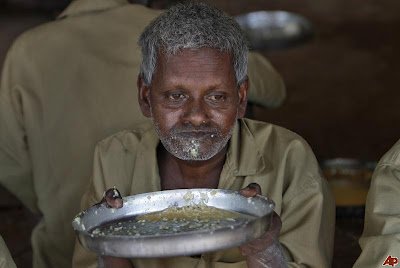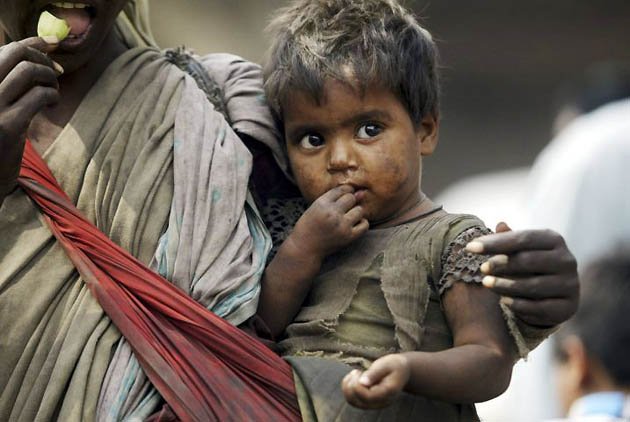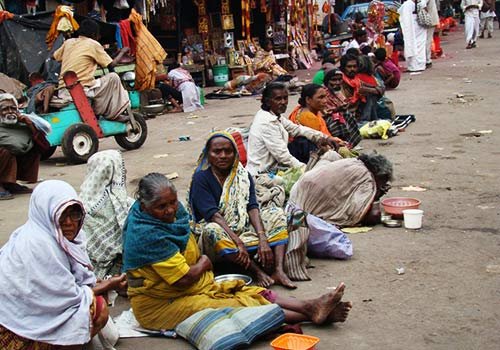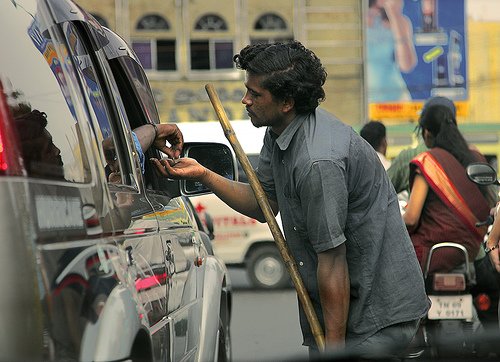India is a country with a huge population living below the poverty line. Understandably, we also have a large population that begs for a living. At the same time, it’s also true that organised begging, which includes abduction, human trafficking, exploitation of destitute and other such criminal activities are also active in the country.
But how does our country deal with the problem of begging?
You will be surprised to know that at least 20 states and 2 union territories of India consider begging as a crime.
Considering the huge population of beggars in India, this is quite difficult to believe but it’s true that a totalitarian law like this does exist in our country.

In a detailed report published by Nyaaya, an online source for India’s laws, Hindustan Times throws light on various such laws.
The report says that begging is recognized as a cognizable crime by the Indian Code of Criminal Procedure. This means the crime requires immediate intervention of police. Not only this, the police can also start an investigation and make an arrest even without a complaint from anyone or a prior permission from the court. So basically, most of the states empower their police to arrest anyone who they think is a beggar, that too without a warrant.
As if belonging to an economically marginalized community wasn’t painful enough already, begging is also a non-bailable offense.

Further, the report throws light on how different states have different anti-begging laws in place.
In most of the states, except Assam and Tamil Nadu, a person can be considered a beggar if he/she is seen wandering about in public places and appears to not have any means to sustain himself/herself.
To get it straight, if you look poor, you can get arrested.
These laws have been abused so much that police often raids homeless working people and nomadic tribes considering them to be beggars.

The state laws in West Bengal still use colonial words like ‘vagrants’, meaning wanderer, to describe a beggar.
In Karnataka and Assam, although people seeking alms in the name of religion or to fulfill religious activities are not considered beggars, seeking alms by singing, dancing and performing tricks is as good as begging and is also illegal.
Most anti-begging laws even allow the detention of people who are dependent on the person arrested for begging. Simply put, the family of the person arrested for begging can be detained. And Himachal Pradesh is the flag bearer of this law where these dependents can be sent to jail.

Lastly, the report sites a model bill called The Persons in Destitution (Protection, Care and Rehabilitation) which calls for reformative measures to bring this section of our society into the mainstream.
By criminalizing begging, the government is only creating more difficulty for people who are already suffering. Rather than punishing someone for being poor, there should be policies in place that can provide necessary skills to the destitute so that they can earn and live a dignified life.
You can read the full story on Hindustan Times here.

















